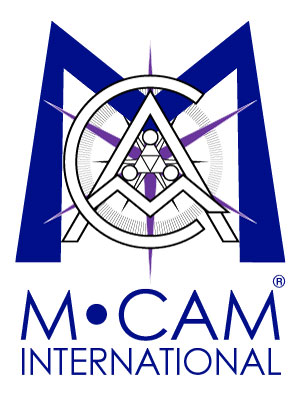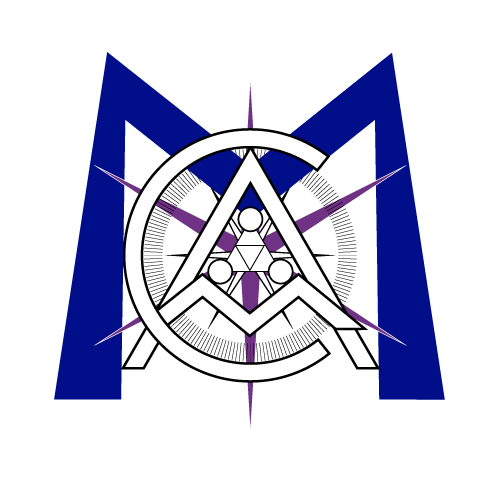M·CAM CEO to address State of the World Forum in 2009
Date: Wed, 2008-12-17
M·CAM CEO to address State of the World Forum in 2009
Charlottesville, VA – December 17, 2008 –– “Networking Creativity to Solve Global Challenges: A 2020 Vision,” November 12 – 14, 2009, at the Washington, D.C. Hilton.
This gathering is designed to catalyze innovative ideas, action oriented people, and enabling technologies required to shape constructive change. The 09 Forum is organized around:
1. addressing global warming–highlighting solutions that already exist;
2. mobilizing the Cultural Creative demographic (please visit the State of the World Forum website to learn more about the research supporting the emergence of this new global social force), and
3. connecting this emergent population that understands the need for urgent and constructive change and the systemic nature of the changes needed with the innovators of enabling technologies that can implement those changes.
The 2009 State of the World Forum will elevate awareness and connect need with innovative resources into a movement of global activism.

